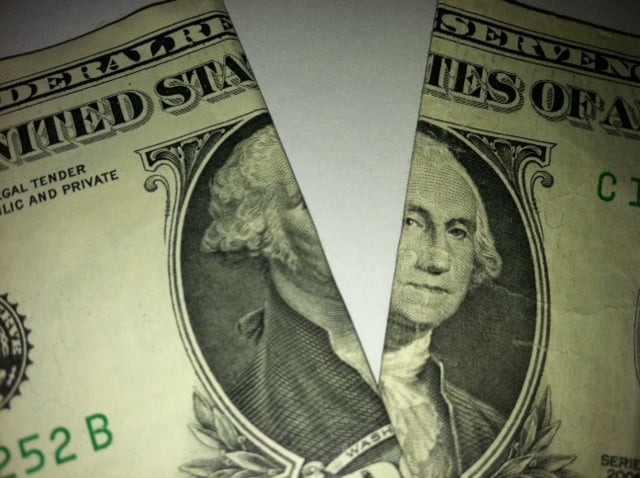Banking, finance, and taxes
Why I am Disappointed in J.P.Morgan's Dividend Hike & Buyback Plan (JPM, BAC, WFC)
Published:
Last Updated:

So… Why am I still disappointed in the news? Jamie Dimon focused more on the share buyback than on the dividend and the dividend could have been pressed further.
For a dividend to move from $0.25 per quarter per common share to $0.30 per quarter is usually a good thing. The dividend yield will now be close to 3.0% rather than 2.5%. The question is just how much this dividend could have been raised and whether regulators did not want the J.P. Morgan yield to be too much higher than elsewhere in banking.
Thomson Reuters has estimates of $4.70 EPS for 2012 and $5.40 EPS for 2013. The dividend payout ratio is a bit harder to use on an apples-to-apples basis in a bank because there are many notes outstanding and there are preferred issues as well which all have to be paid first. Still, a $1.20 payout is roughly 25% of expected income. If you figure it on a GAAP basis it may be more.
A payout of $0.30 per share per quarter is still lower than it has been for years and years even if the nominal yield is close to 3%. This is still lower than TEN years ago. So, isn’t it at least some surprise that the financial media was full of nothing but praise for Jamie Dimon yesterday? Bank of America Corporation (NYSE: BAC) has a tiny sub-1% dividend yield, but the new boosted dividend for Wells Fargo & Co. (NYSE: WFC) will also be 3% and Wells Fargo may have the least amount of retooling to do under the new bank and anti-trading regulations ahead.
As far as how much stock Jamie Dimon and friends will actually repurchase, it is “at least what would equate the dilution from employee stock options.” The bank authorized up to $15 billion for stock buybacks, with $12 billion approved for 2012. In reality, this is a large add-on extension of a buyback plan and the market capitalization rate is now $163 billion or so.
Share buybacks indicate the desire of a company to usually hold up the share price. Higher and higher dividends are usually a signal that the bank knows its earnings power for years rather than just what its stock price happens to be at a point in time. Dimon has also said that he would not buy back shares at any price, but when it made sense and was more opportunistic than organic growth opportunities.
On Monday we outlined that J.P. Morgan would likely be the first to hike its dividend. We also noted how a 40% payout ratio would come to $1.88 per year in dividends. Jamie Dimon has already said that his bank is out of the acquisitions game. On Monday we also noted, “Expecting an 88% hike seems high, but that implies a 50% dividend hike is very doable and a large buyback will come.”
If this dividend was raised to $1.50 it would have been impressive. Now the question is whether or not regulators acted to keep that payout from getting too high in yield. Maybe Jamie Dimon wanted to raise the dividend higher than he was approved to raise it by. Maybe not. Either way, for J.P. Morgan to be the healthiest of the banks this dividend hike was just not impressive enough.
JON C. OGG
Want retirement to come a few years earlier than you’d planned? Or are you ready to retire now, but want an extra set of eyes on your finances?
Now you can speak with up to 3 financial experts in your area for FREE. By simply clicking here you can begin to match with financial professionals who can help you build your plan to retire early. And the best part? The first conversation with them is free.
Click here to match with up to 3 financial pros who would be excited to help you make financial decisions.
Thank you for reading! Have some feedback for us?
Contact the 24/7 Wall St. editorial team.